16 Sep 2025
A High-Profile Case Comes to a Close
India’s Supreme Court-appointed Committee has delivered its findings in a case that attracted national attention: the investigation into Vantara, the wildlife rescue and rehabilitation centre supported by Mukesh Ambani’s philanthropic initiatives. The committee has cleared Vantara of all allegations, including claims of illegal animal acquisition and mistreatment.
The verdict is not only a relief for Ambani’s group but also a pivotal moment in India’s ongoing discourse about animal welfare, transparency, and the role of private philanthropy in conservation.
The Allegations
The case began after non-profit organizations and concerned citizens filed complaints alleging:
- Illegal acquisition of animals, potentially sourced without proper permissions.
- Substandard care conditions, suggesting that rescued wildlife may not have been receiving adequate treatment.
These charges quickly gained traction in the media, sparking public concern and triggering calls for accountability from one of India’s most influential business families.
The Investigation
The Supreme Court formed an independent committee to look into the matter. Its process included:
- Document Review: Assessing acquisition records, permits, and veterinary certifications.
- Site Inspections: Visiting Vantara to observe enclosures, treatment facilities, and living conditions.
- Stakeholder Interviews: Engaging with veterinarians, staff, NGOs, and regulatory authorities.
After months of scrutiny, the committee found no evidence to substantiate the allegations. It concluded that all acquisitions were lawful and that the welfare standards at Vantara met, and in some cases exceeded, regulatory requirements.
Supreme Court’s Decision
Accepting the committee’s report, the Supreme Court officially closed the matter, ruling that no further investigation was required. While this clears Vantara’s name legally, the debate around private involvement in wildlife conservation remains vibrant.
What is Vantara?
Vantara is a wildlife rescue and rehabilitation centre established under the philanthropic wing of Ambani’s Reliance Industries. Its mission includes:
- Rescuing and rehabilitating injured, abandoned, or trafficked animals.
- Providing veterinary care and long-term shelter.
- Supporting conservation and awareness initiatives.
Over time, Vantara has become a high-profile project, showcasing how corporate philanthropy can intersect with conservation.
Supporters vs. Critics
- Supporters: Hail the verdict as validation of Vantara’s work. They argue that corporate-backed initiatives are critical in a country where public resources for wildlife care are limited.
- Critics: Insist that the case highlights the need for greater transparency. They argue that while Vantara has been cleared, India must put stronger regulations in place to monitor private sanctuaries and ensure no scope for exploitation.
Broader Context: Wildlife Welfare in India
India is home to over 100 national parks and 500 wildlife sanctuaries, yet wildlife trafficking, habitat loss, and human-animal conflict remain rampant. NGOs and government agencies often lack resources to handle the scale of the crisis.
This has opened space for private philanthropy to step in—funding rescue centres, conservation programs, and awareness drives. However, private involvement also raises questions:
- Who monitors these centres?
- How do we ensure ethical sourcing of animals?
- Should private initiatives be allowed to house exotic species?
Legal and Ethical Dimensions
The Vantara case highlights several key legal and ethical considerations:
- Animal Welfare Laws: India’s Wildlife Protection Act, 1972, provides strict regulations on acquisition and care, but enforcement is uneven.
- Transparency: Private centres must ensure documentation, open inspections, and community engagement.
- Ethics of Captivity: Even if animals are well-cared for, keeping them in captivity raises moral questions.
Expert Insights
- Dr. Leela Menon, Wildlife Biologist:
“Vantara’s clearance is important, but the broader issue remains: how do we create a transparent system that applies equally to all private and public wildlife centres?”
- Animal Rights Advocate Rajeev Arora:
“The verdict shouldn’t be seen as the end of scrutiny. We need independent audits of all centres, not just those run by prominent names.”
- Corporate Philanthropy Analyst Ritu Bhargava:
“This case shows both the promise and perils of private conservation. Wealthy individuals can fund world-class facilities, but regulation must keep pace.”
Implications for Corporate Philanthropy
The case could reshape how corporate entities approach conservation:
- Increased Participation: Clearance may encourage more corporations to fund wildlife initiatives.
- Demand for Oversight: NGOs and courts may push for stronger compliance norms.
- Public Perception: Transparency will remain key to winning public trust.
The Way Forward
The closure of this case does not close the larger debate. Moving forward, India must:
- Strengthen Regulations for private sanctuaries and centres.
- Introduce Independent Audits to ensure consistent welfare standards.
- Encourage Collaboration between state authorities, NGOs, and private entities.
- Raise Public Awareness about wildlife trafficking and ethical conservation.
Conclusion: A Victory with Caveats
The Supreme Court-appointed committee’s clearance of Vantara marks a legal victory for Mukesh Ambani’s group and a relief for supporters who view the centre as a beacon of philanthropic conservation. Yet, the case also underscores the urgent need for systemic reforms—ensuring that India’s wildlife rescue and rehabilitation sector is not only well-funded but also transparent, accountable, and ethical.
For India, where the survival of endangered species hangs in the balance, the lesson is clear: conservation cannot rely on philanthropy alone—it requires a strong framework of law, science, and community trust.
#AnimalWelfare #SCofIndia #Vantara #Wildlife #LegalUpdate #Philanthropy #Transparency #Conservation


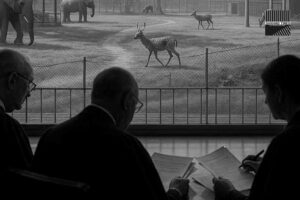








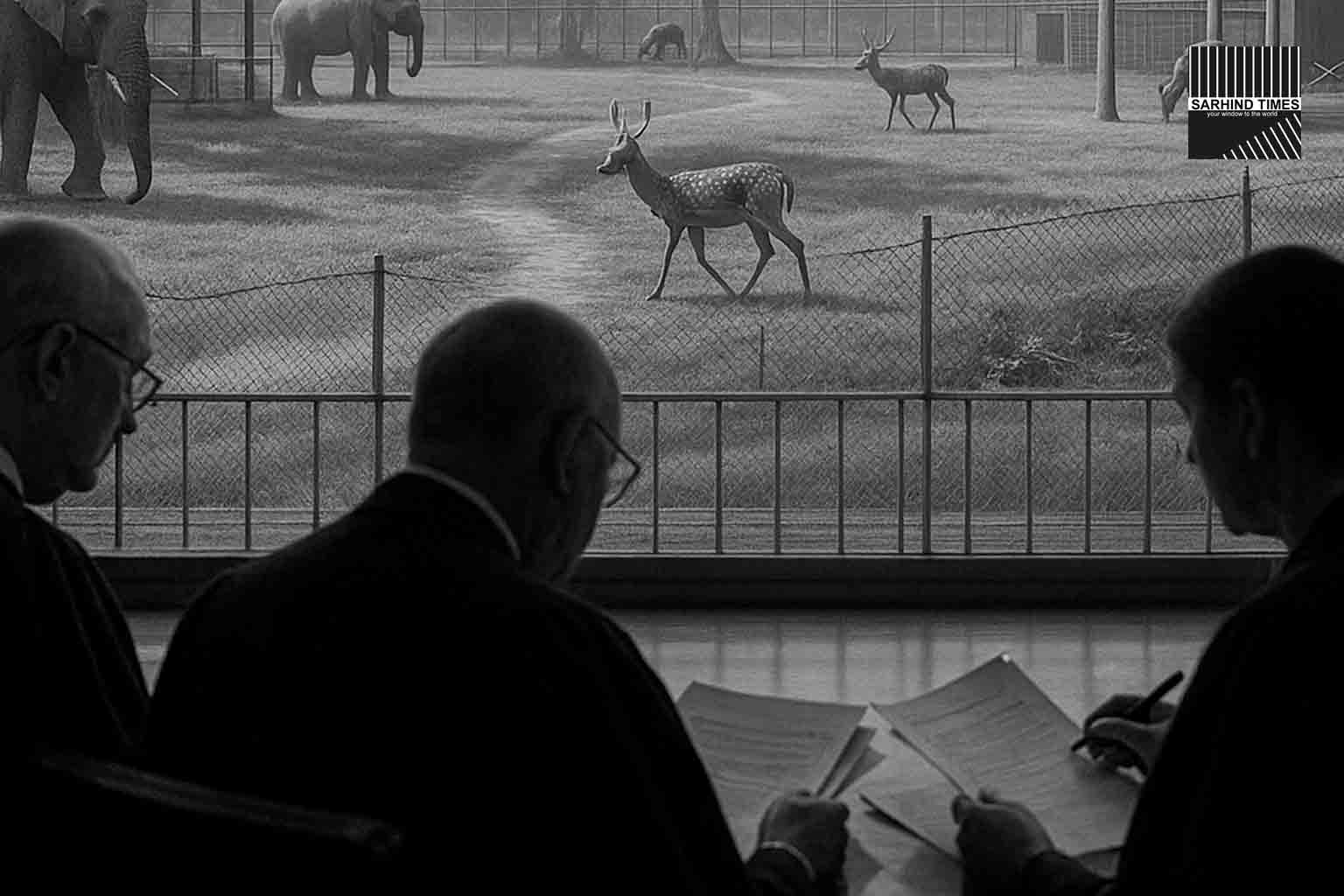


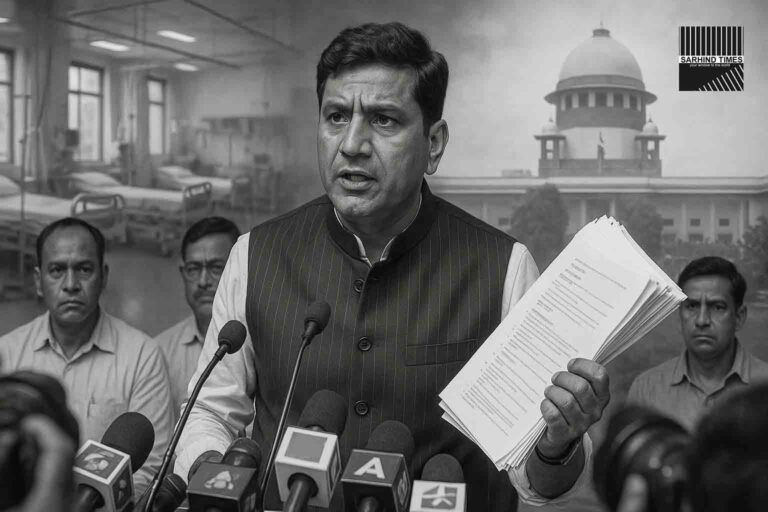

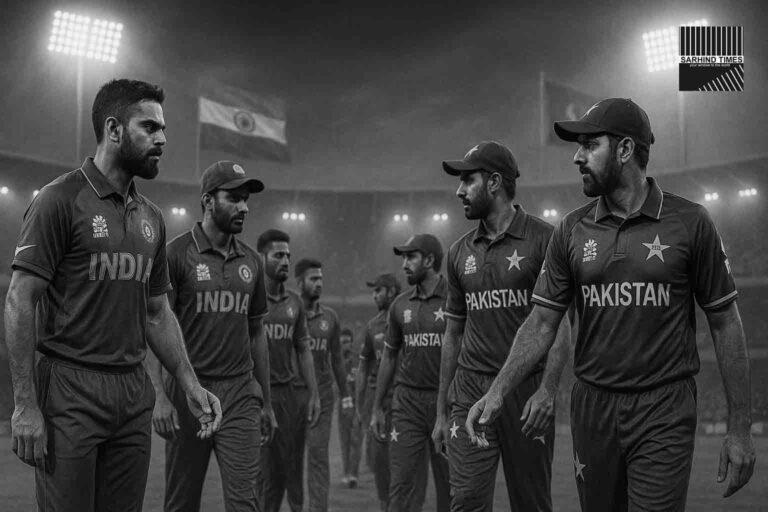

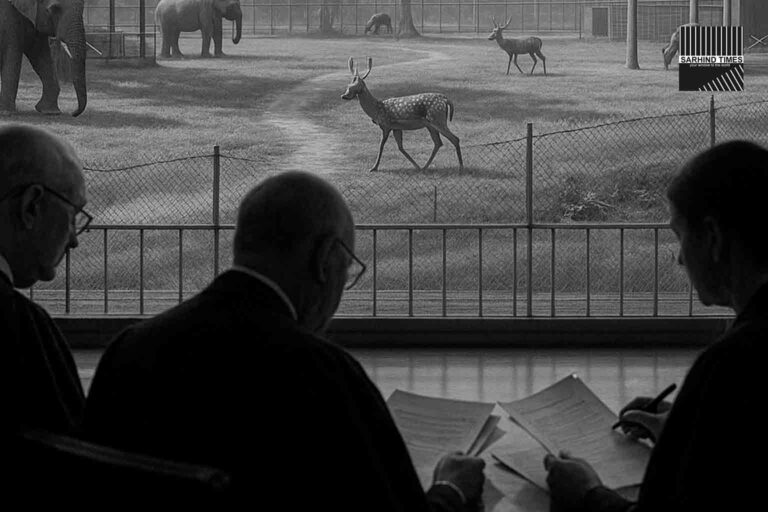



+ There are no comments
Add yours